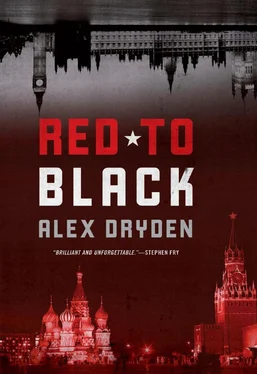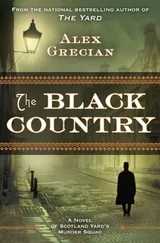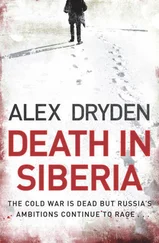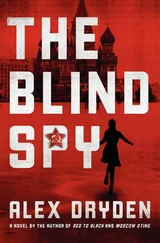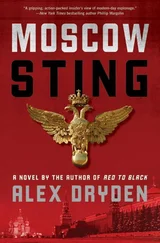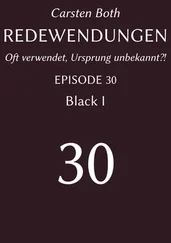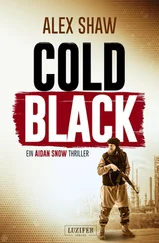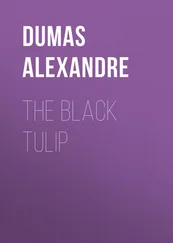I sat and drank a greyish coffee and watched the movement of trucks in and out of the depot’s gates, observing the procedures followed by the drivers and military personnel who checked their papers. After half an hour I had what I needed and I left. Any strip searches of the trucks must have taken place at the border.
I took a bus back a few miles or so along the main road towards Moldova and disembarked at a stop where nobody else alighted and walked towards some trees in a copse away from the road that offered some cover.
When I knew I was unobserved, I took my SVR Colonel’s uniform from my backpack and changed into it. Then I walked back to the road until I saw the truck-stop café just on my side of the river, the Transdnestr side of the border, that Willy had told us about.
There were only trucks in the car park behind the café, no other vehicles. I entered the dingy jerry-built truckstop and found more grey coffee. I took it outside to the area at the back and studied the truck plates and any logos that were visible.
There were three German trucks, all with blue tarpaulins covering their sides and obscuring anything that might identify them easily. Trucks entered and left the park every quarter of an hour or so.
I looked under the blue tarpaulins of the three German trucks but saw no insignia to say any of them were Reiter’s.
I waited for nearly two hours watching trucks enter and leave. Their drivers waited aimlessly in the café, presumably for the right time to arrive at their final destination somewhere up the road into Transdnestr.
Finally I saw a German truck enter with the usual tarpaulins covering its sides, and a young man stepped out and walked across the park to the café. Again I looked behind the tarpaulin but saw no logo.
I walked into the café, had another coffee and watched the driver. He was reading a paper and sipping something from a cup that was too hot to drink. He seemed to be in his late twenties, though he looked Russian to me and it is hard with Russian men to tell how old they are; most Russian men look at least ten years older than their real age. He had an open face and he smiled at the silent woman serving coffee and asked for a kvint, just so he could engage her in conversation. He and I exchanged smiles across the room, too, and finally I approached the table and asked him if I could join him. He seemed unimpressed by the uniform or my papers and, as long as I only needed to show my papers to those outside the Russian security services, I knew they would carry all their old influence.
‘What time are you going to the depot?’ I asked him.
‘To Pribor?’ he said.
‘Yes.’
‘You know more than me, I expect,’ he said, and laughed. I laughed with him and nodded in agreement.
I asked him about his life and he told me that he was scraping a living doing two or three jobs and had a wife and children in Moldova. They’d got out of Russia, and then out of Transdnestr, and he wanted to go west and make a new life for his family. I told him I could help him and asked him what he needed.
‘Asylum and money,’ he said and laughed again. ‘That’s all. I have a cousin in France, working on the roads, but we want to go to America. They say it costs ten thousand dollars to arrange a marriage there. I want to go south, to the heat. My wife, she doesn’t like the Russian cold. The winters in Krasnoyarsk made her cry.’
‘There are problems at the depot,’ I said. ‘You may know about them.’
‘I don’t know anything,’ he laughed, and put up his hands. ‘That’s your business.’
‘You may be able to help us.’
‘And why should I trust you?’ he said, smiling still. ‘Because you’re a woman, perhaps? But it’s not just the Russian winters we want to leave. We also want to say goodbye to Russian uniforms.’
‘You seem very confident,’ I said, taken aback by his lack of respect, let alone fear.
‘What do you want? I’ll help you and maybe you’ll help me too. But I don’t expect it. That way, I am always happy.’
‘I’m going into the depot, but I’m going in unannounced. You get me?’
‘Sure.’
‘How much do you want?’
‘I’ll trust you to do what’s right.’
‘You’re not like a Russian.’
‘I haven’t lived in Russia for three years, thank God.’
‘You’ll have a thousand dollars. Meet me in two minutes by the truck.’
‘No hurry. I don’t need to be there for an hour,’ he said, without reacting at all to the offer of what was so much money to him.
‘Two minutes.’
‘OK, OK,’ he said and put his hands up again mockingly.
I went to a filthy toilet at the back of the café and took off my SVR uniform and put on some dirty overalls I had in my backpack. To my surprise and relief, the driver was by the truck when I returned.
‘I’m Anatoly,’ he said, and held out his hand.
I paused, then took it. ‘Good to meet you, Anatoly,’ I said, and he didn’t ask me my name.
‘I can put you in the toolbox in the truck,’ he said. ‘I smuggled three tiger cubs across the Ukrainian border six months ago in there. There’ll just be room.’
We waited, drinking coffee and kvint in the truck’s cab for another forty minutes or so. Finally it was time. Anatoly opened the big doors at the rear of the truck and climbed in and I followed. There was an upright metal box, like a filing cabinet and maybe five feet high, and it didn’t look as if a human being would fit into it. But he cleared out some of the equipment and lashed it to the side of the truck and I stepped inside. I heard him snap the padlock and then the rear doors slammed shut.
Why did I trust him? Finn always said that most of his life was instinct and it had never let him down. I had never had so much faith in my own instincts but maybe I had never trusted anyone, except Nana and now Finn. It was easier than I thought to add one more to the list.
I listened from inside the box and felt the truck rumble along the uneven, potholed road and finally pull up at what I assumed was the checkpoint at the depot. I heard the rear doors open and felt no fear. I was committed and, of course, I had a story- not much of one but something at least- if I was betrayed. But the rear doors clanged shut again. I couldn’t hear any of the exchanges, but I felt the truck move on again and drive in what seemed to be a wide circle, pushing me against the metal side of the box. It finally came to a halt.
There was a long wait. I imagined security guards lining up with guns at the ready for the box to be opened, but maybe Anatoly was waiting for the coast to clear. I was becoming more and more cramped and started to feel a panic rising. What if something happened to him? What if he was taken away? What if the truck was taken to a scrapyard? Fear of everything began to flood into my head.
Then I heard the rear doors finally clang open and a figure walking around inside. I heard the key in the padlock and suddenly the door of the toolbox was open and I was looking past Anatoly at an empty concrete space with a barbed-wire perimeter fence behind it and, beyond that, wasteground at the edge of the town.
‘You’ve got about a minute,’ Anatoly said in an unhurried way.
‘The money’s in there,’ I said, and pointed behind me at the toolbox.
Without checking the money, he walked ahead of me and jumped out of the truck while I swung my legs over the side.
‘I’ll be leaving at five o’clock if you’re coming with me,’ he said.
‘Maybe. What’s your cargo?’
‘Spare parts.’
I looked at him.
‘Don’t ask me,’ he said. ‘That’s just what it says on the manifest.’
‘For where?’
‘Ultimately?’ He shrugged. ‘I don’t know. I’m taking this load to Romania.’
Читать дальше
